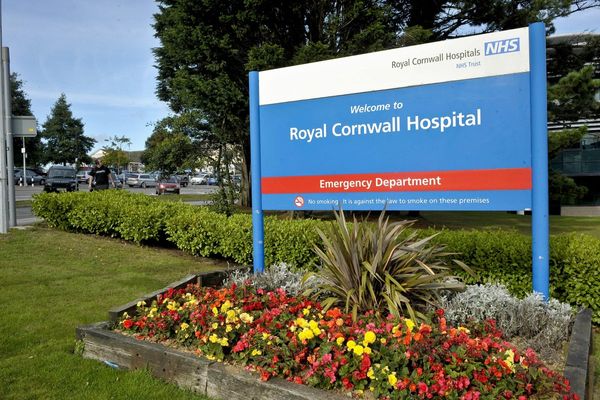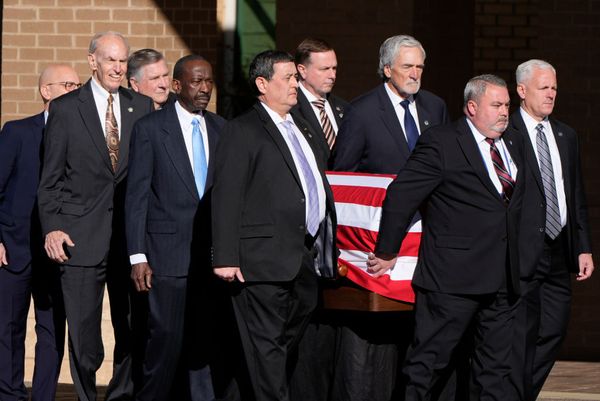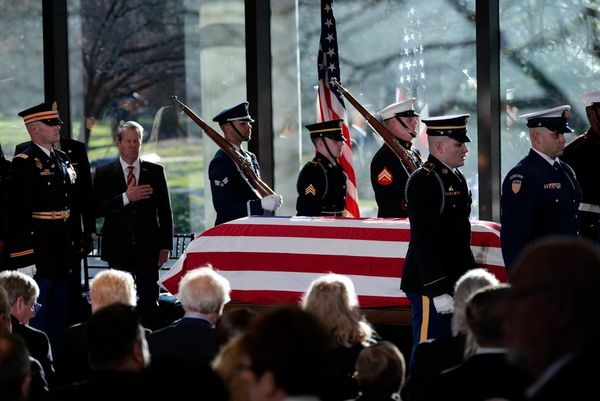
At least four Catholic churches on native land in Canada have burned down in the last seven days, as the nation reels from the recent discoveries of more than 750 unidentified remains, many of them children, found in unmarked graves at the country’s so-called “residential schools”, often run by the Catholic church.
On Saturday morning, in the province of British Columbia, St. Ann’s Catholic Church on the Upper Similkameen Indian Band’s land went up in flames, and later that day Chopaka Catholic on the Lower Similkameen Band’s land burned down as well, according to the Royal Canadian Mounted Police.
The RCMP said it was investigating the fires in connection with two other church fires from last week, when churches on Penticton and Osoyoos Indian Band lands burned down. No arrests have been made.
“Should our investigations deem these fires as arson, the RCMP will be looking at all possible motives and allow the facts and evidence to direct our investigative action,” Sgt Jason Bayda, of the Penticton South Okanagan RCMP, said in a statement. “We are sensitive to the recent events, but won’t speculate on a motive.”
Recommended
The leaders of the Lower Similkameen Indian Band said they understood the “grief and rage” being felt in the indigenous community and beyond in Canada, but called for processing these feelings “in a more healing way”.
"This is a symptom of the intergenerational trauma our survivors and intergenerational descendants are experiencing, there are supports to help deal with these emotions in a more healing way," they wrote in a statement. “It is not our place to say who to worship and what historical relevance it has to our community members, we are all free to choose and it is our place as a community to support that freedom.”
The fires come amid renewed scrutiny, outrage, and pain over the country’s long legacy of abusing native children at residential schools, following the discoveries in May and June of hundreds of unmarked remains across multiple facilities.
Earlier this month, demonstrators toppled a statue of Egerton Ryerson, a Canadian public education official known as one of the architects of the residential school system, which ran from the late 19th century through the 1990s and held an estimated 150,000 children overall, intentionally separating them from their language and culture in what the Canadian Truth and Reconciliation Commission called a “cultural genocide”.
At least 4,100 children died from disease, neglect, and suicide, though that’s likely a massive undercount, according to the TRC.
Canadian Prime Minister Justin Trudeau and others have called on the Pope to make a formal apology to First Nations people in Canada.
“I have spoken personally directly with His Holiness Pope Francis to press upon him how important it is not just that he makes an apology but that he makes an apology to Indigenous Canadians on Canadian soil,” the PM said on Friday.
So far, the Pope has expressed his sympathies but avoided making a direct apology. The Church has said its planning an event where the Pope will “his heartfelt closeness, address the impact of colonization and the implication of the Church in the residential schools, so as to respond to the suffering of Indigenous Peoples and the ongoing effects of intergenerational trauma”.
Though the residential school system is over, indigenous people in Canada still face deep inequality in areas like health and access to clean water. Thousands of native women are also presumed dead or missing in recent decades, in what one report deemed a second “genocide” of First Nations people.







